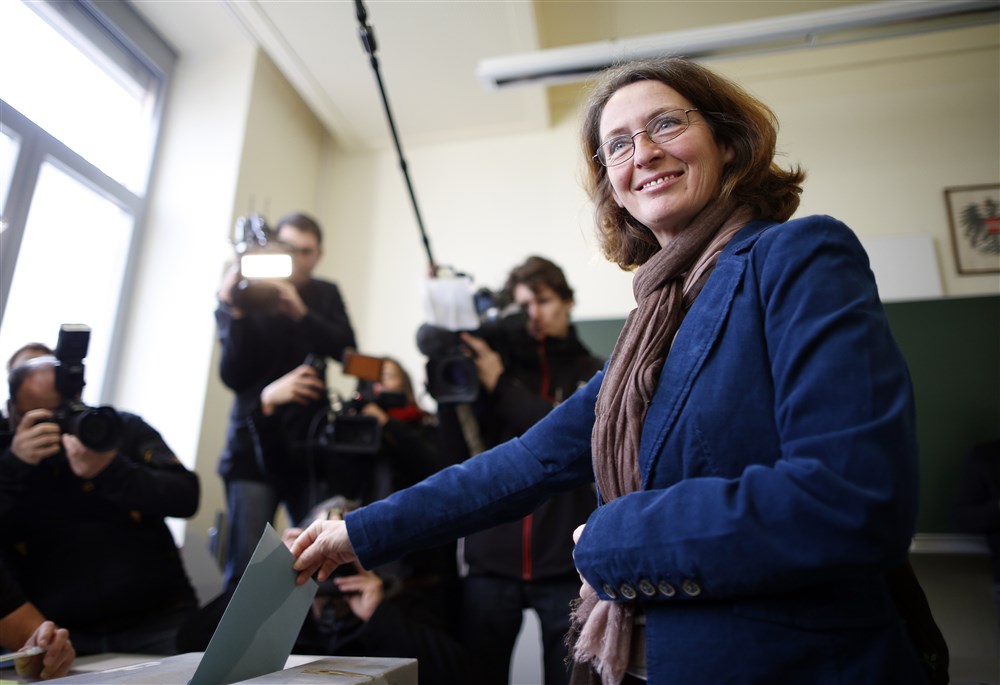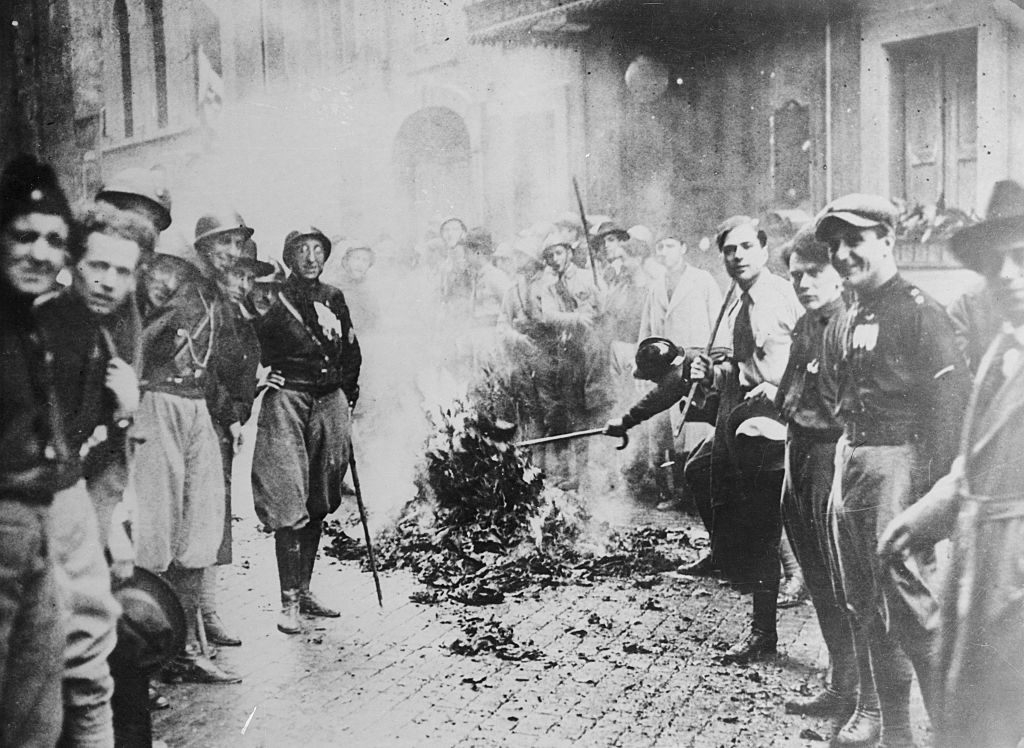Austria, long governed by a de facto two-party system, experienced a seismic shift in its political landscape in the most recent elections. Since 1945, either the conservative People’s Party (ÖVP) or the Social Democratic Party (SPÖ) had consistently topped the polls, often forming coalition governments that leaned either slightly centre-right or slightly centre-left. However, this paradigm was shattered on Sunday night when the far-right Freedom Party (FPÖ) clinched first place with over 29 per cent of the vote. This historic achievement relegated the ÖVP to second place with 26 per cent, while the SPÖ continued its gradual decline, securing only 21 per cent.
The FPÖ’s victory ushers in an era of political uncertainty for Austria. Forming a government looks to be a complex challenge, particularly since other parties are unlikely to coalesce with the FPÖ. This leaves a three-party coalition as the only viable route to a parliamentary majority. Potential coalitions might include the Conservatives and Socialists teaming up with either the Greens or the Liberals, both of which garnered less than 10 per cent of the vote. This unprecedented scenario marks the possibility of Austria’s first-ever tripartite coalition government, indicative of the FPÖ’s polarising yet growing influence.
The FPÖ faces isolation similar to the Alternative for Germany (AfD) party. Despite rising voter support, their chances of participating in the government remain slim. Rival parties criticize the FPÖ for its openness to conspiracy theories and leniency towards Russian President Vladimir Putin. These concerns, not without foundation, are amplified by the FPÖ’s propositions to address budget deficits by cutting support for Ukraine. Whether these positions alienated or attracted voters remains ambiguous.
Three primary factors underpin the FPÖ’s electoral success. Firstly, the topic of migration plays a critical role. The FPÖ’s staunchly nationalist stance and advocacy for “remigration” resonate with voters favouring stricter border controls.
Secondly, dissatisfaction with the government’s stringent Covid policies bolstered FPÖ’s appeal. The Conservative-Green coalition that governed since 2019 implemented some of Europe’s harshest Covid measures, which were vigorously opposed by the FPÖ under Herbert Kickl’s leadership. This opposition, coupled with the government’s severe rhetoric and near-implementation of a federal vaccination mandate, likely converted some of the most vocal critics of pandemic policies into loyal FPÖ supporters.
Lastly, high voter mobilization also contributed to the FPÖ’s win. With nearly 80 per cent voter turnout—the highest in recent history—it is plausible that disenchanted previous non-voters gravitated towards the FPÖ. Furthermore, widespread dissatisfaction amongst Austrians—with six out of ten expressing discontent about the country’s direction—suggests fertile ground for the FPÖ’s message.
Whether side-lining the largest party in parliament will weaken the FPÖ remains uncertain. Traditionally, the FPÖ has thrived in opposition, and the other parties show little camaraderie towards each other. The absence of experience with a tricameral coalition, coupled with the SPÖ’s significant leftward shift, makes it a challenging fit with centre-right liberals and conservatives. A coalition formed primarily to block the FPÖ, devoid of a coherent plan or policy platform, may further incite voter frustration, potentially propelling the FPÖ to exceed 30 per cent in subsequent elections.
Such political turbulence leaves Austria at a pivotal juncture. The FPÖ’s surge symbolizes deep-seated voter dissatisfaction and the potential realignment of Austrian politics. As the nation navigates these uncharted waters, the long-standing post-war order seems increasingly at risk, upending traditional alliances and introducing new complexities into governing coalitions. The coming months will be critical in determining whether this election represents a fleeting anomaly or a lasting transformation in Austria’s political fabric.






More religion than science: To understand today’s climate alarmists read a long-dead Austrian economist, Joseph Schumpeter